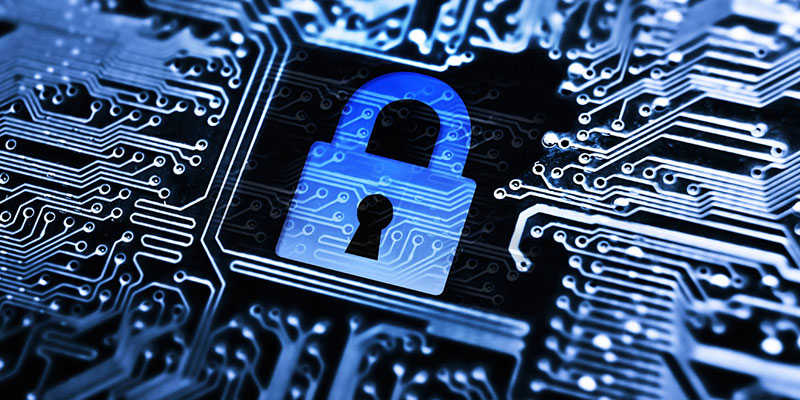
We all know our data should be protected. And it’s obvious that one such protection method—the ability to quickly restore data from a backup method—should be a high priority. But backing up data regularly is still not a common practice for businesses and individuals. In fact, a forthcoming survey we conducted found that more than 30 percent of individuals never back up their files on their personal computer.
World Backup Day is intended to remind you about the necessity of having a backup system along with regular testing to ensure it works. And for all you risk takers: It’s time to re-assess the risks of not having a backup solution in place.
What are the dangers of not backing up your data?
There are plenty of threats to your data, from hardware failures to user mistakes. But an additional threat has emerged in recent years which puts your data at serious risk: ransomware. This category of malicious software is used for extortion. When activated, ransomware prevents access to a device or the data on it until the victim pays a fee.
While ransomware’s early screen-locking attacks were more annoying than truly dangerous, today’s aggressive encryption versions can spread rapidly and cause serious damage, not only to individuals, but also to businesses and government organizations. Examples include hospitals with critical patient care systems down; law firms with their entire clientele’s data unavailable; or police departments with no access to their records.
In many cases, corporate victims pay silently, without letting on that they were got caught off-guard with no backup available.
While the first ransomware implementations were often flawed and security researchers could develop workarounds to recover files without paying the ransom, modern versions use advanced encryption methods which are, in fact, unbreakable. This means that paying the ransom is currently the only way to get the encrypted data back. Even the FBI admits that they often advise victims to pay the ransom.
But giving in should not be considered an option. Prevention and preparation help much more—not only against ransomware attacks but against other threats, be they viruses or disgruntled employees.
Having a good backup strategy before the damage to data occurs turns the nightmare into a mere nuisance.
What should businesses do?
For organizations, a strong backup strategy means having a quality backup solution such as ShadowProtect by StorageCraft in place, with processes formalized and the ability to recover periodically tested. Try to consider all scenarios and have a solution for each. For example, if a ransomware program targets backup files on a local network, it can encrypt them as well as the original files. So, it’s important to keep the backup files offline or take other measures to keep them safe.
Cybercrime victims who’ve paid ransoms sometimes argue that the ransom was quite small, the encryption keys really arrived and recovery was relatively easy. That might be true, but there are no guarantees. Better to ensure a fast, complete recovery by implementing a trusted backup solution.
World Backup Day should encourage businesses large and small to take the appropriate steps right now to prevent any unnecessary damage.
Learn more
To understand how ransomware (cryptolockers/filecoders) works, and how to protect your files and data, download our free tech brief.